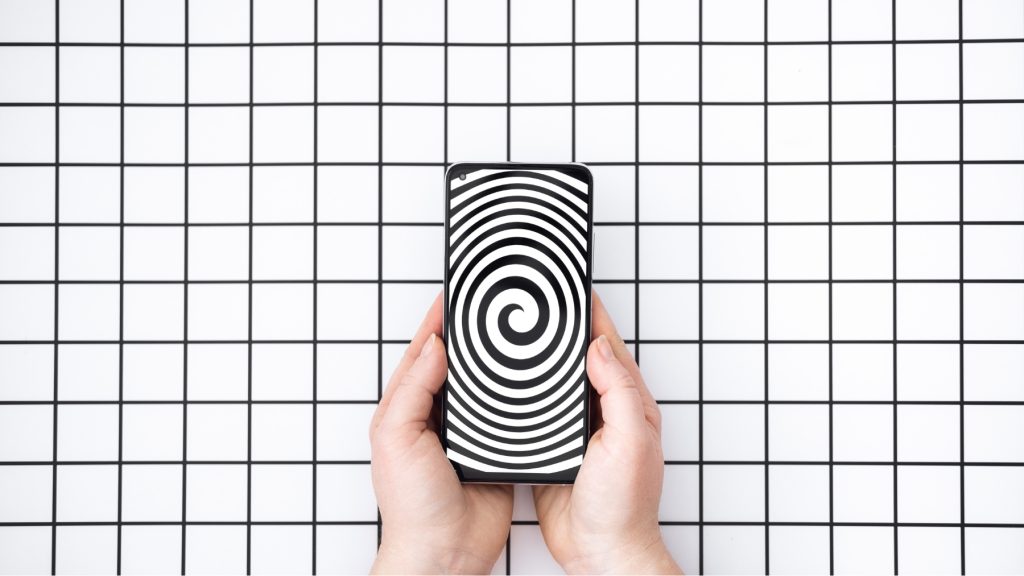
Amidst the hard times humanity is passing through, your laptop, tablet, and phone are your only hopes for connecting to the crisis and creating hope for yourself that tomorrow will bring better news.
Your mental health experts advise you to disconnect to reconnect with yourself.
These days, scrolling through social media can be terrifying. After reading about the atrocities of the Israel-Palestinian war, you now read about the atrocities of the conflict between Russia and Ukraine. You’re being informed about the most recent, alarming climate news. America’s democracy is in danger.
Sometimes, it seems like everything is collapsing.
How Are Social Media Platforms Adding Fire to Fire?
Our go-to sources for information these days have been social media platforms such as Instagram, Facebook, X, Telegram, and TikTok. These feeds put the doom in doomscrolling—social media algorithms elevate the most divisive content, presenting you with content that will make you feel something visceral. This “daily activity” of ours harms our mental health. You begin to get agitated easily, minor details start to trigger you, and let’s not forget the survivor’s guilt that many people have expressed on their social media platforms regarding the war on Gaza.
Online misinformation could be a reason why our anxieties are being triggered. How so? Let me explain. Every social media platform takes a different stance than the others, depending on what suits the platform more. The false and irregular patterns of information are classified as stressors. There is no one true answer to what is going on in the world, especially regarding the Palestinian-Israeli war, because it is the talk of the town.
Experts Opinion
Stress builds up over time, according to Matthew Price, a psychological science professor at the University of Vermont. You become stressed out about one thing at first, then another, and then still another. Suddenly, you’re breaking! According to him, stress can persist throughout the day even after you’ve stopped consuming a lot of negative content on social media.
“Some of the work that we have done has shown it definitely increases your stress at the moment. It could increase your stress throughout the rest of your day,” Price says. “When you doomscroll, it gets much easier to reach your limit than I think you would if you weren’t doing that.”
According to Price, ingesting a lot of bad news can lead to anxiety and depression, at least temporarily. However, it’s more likely to “exacerbate” anxiety, depression, and PTSD in those who have already experienced those conditions in the past. According to him, people frequently doomscroll when they want to find a solution to the issue they’re reading about because something awful is happening.
Doomscrolling, according to Bethany Teachman, a psychology professor at the University of Virginia, can “skew our sense of what’s going on.” You begin to believe that everyone and everything is terrible, even though it’s likely that very little of it is genuinely having an impact on you. Maybe if you weren’t reading about bad news from around the globe, it wouldn’t have an impact on your day-to-day activities. That’s why it’s critical to know when to log off.
In terms of remedies, Teachman advises individuals to maintain a healthy balance in their lives by limiting their dependency on social media and the news. Reading the news and seeing what others are talking about online is acceptable if you don’t overdo it. After you’ve read enough to understand what’s going on, she advises you to consider other enjoyable activities that support your mental well-being.
There are many stress factors that people go through daily. Wanting to watch something that would comfort your thoughts seems to be impossible.
Let’s learn how to disconnect to reconnect because we owe it to ourselves.
Inside Telecom provides you with an extensive list of content covering all aspects of the tech industry. Keep an eye on our Impact section to stay informed and up-to-date with our daily articles.